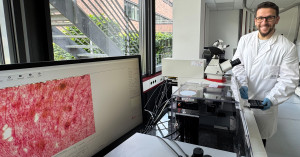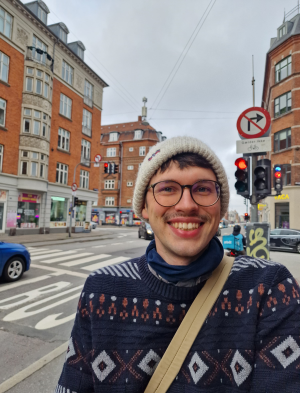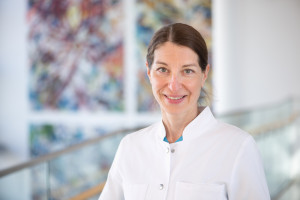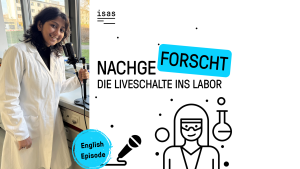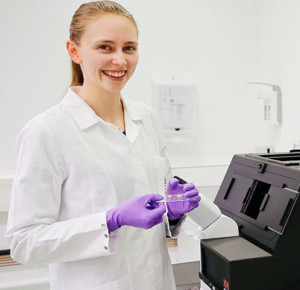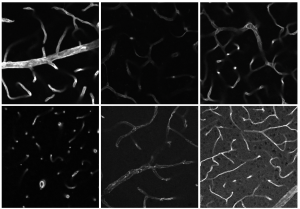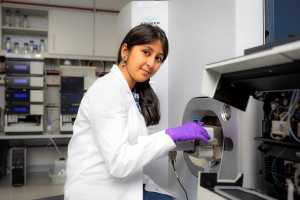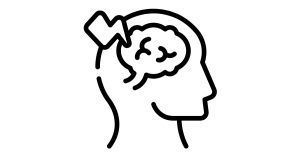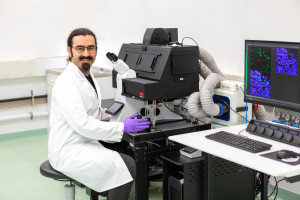Dortmund, 27th March 2025
In the ISAS Kompakt series ‘Valuable Connections’, current and former ISAS researchers report on their scientific exchange across disciplines and national borders. Whether before, during or after their time at the institute - they are and remain an integral part of the ISAS network and contribute their diverse experiences to it.
Dr Jianxu Chen has headed the AMBIOM - Analysis of Microscopic BIOMedical Images junior research group at ISAS, which is funded by the German Federal Ministry of Education and Research (BMBF), since 2021. After his studies in China, he conducted research at the University of Notre Dame in Indiana, USA and at the Allen Institute for Cell Science in Seattle, USA, among others.
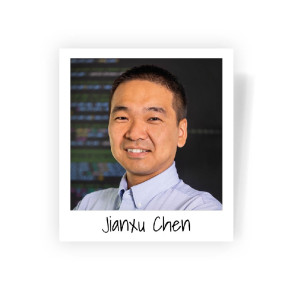
My background is in computer science, but I developed a passion for working with biological data early on. If I can use my skills to develop a software to classify one image as dog or cat, or classify one image of tissue as benign or malignant, I feel the latter one would be more impactful and therefore more attractive to me. That’s why I dedicate my work at ISAS towards developing AI-based biomedical image analysis algorithms, especially for large 3D microscopy image data.
Before coming to Dortmund, I conducted research in China and the USA. Living in three very different cultures and navigating various research systems taught me, that the key is to have an open mind. My advice would also be to learn the language, especially if you have kids. It helps to understand the local culture and embrace it. Even though I miss authentic Chinese food, I have to admit that I am really falling in love with those simple foods in Germany – especially high-quality breads. Nonetheless I am still struggling to find some good Pad Thai in town.
Dr Jianxu Chen Head of the AMBIOM research group at ISAS
Chen gives a detailed insight into his journey to health research and his work at ISAS in episode 10 of the ISAS podcast ‘NACHGEFORSCHT - DIE LIVESCHALTE INS LABOR’.
